News
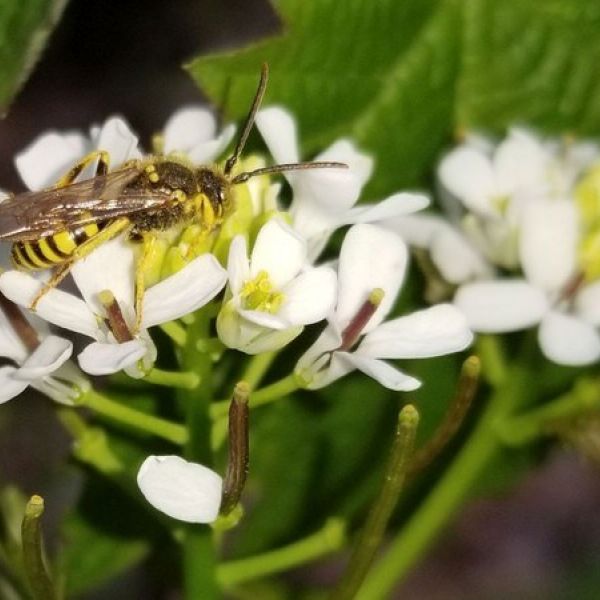
Jun 30, 2020
Checklist of Pa. bees documents 49 new species and some that may be endangered
A study documenting bees that are reported to occur in Pennsylvania has found the presence of 437 species, including 49 never before recorded in the state. Researchers said the resulting checklist of bees in the commonwealth also identifies species not native to North America and several native species that may be of conservation concern.
Full Article

Jun 30, 2020
Coral Researchers Recognized for Significant Contributions to Field
Iliana Baums and her research team were recognized by members of the coral reef community as making significant contributions to coral reef research.
Full Article
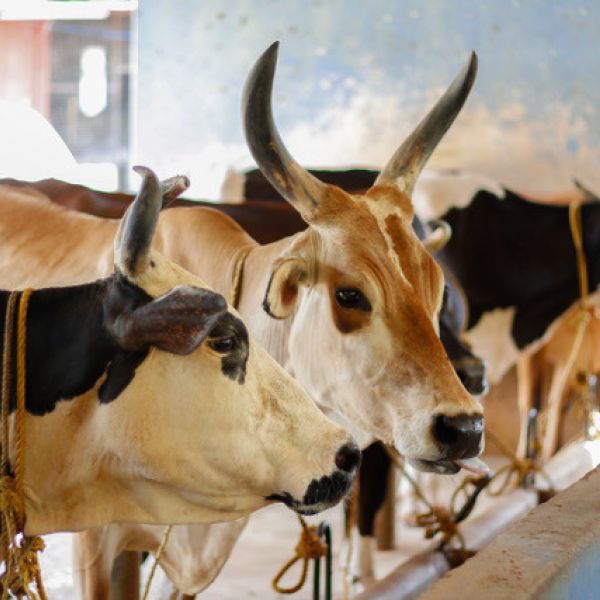
Jun 17, 2020
Tuberculosis spread from animals to humans greater than previously thought
The number of human tuberculosis (TB) cases that are due to transmission from animals, as opposed to human-to-human transmission, may be much higher than previously estimated, according to an international team of researchers. The results could have implications for epidemiological studies and public health interventions.
Full Article

May 29, 2020
COVID-19 antibody testing. What is it good for?
While it’s too soon to use COVID-19 antibody testing to issue “immunity passports,” the antibody tests available today are good enough to inform decisions about public health, such as how and when to relax social distancing interventions, according to an international group of infectious disease and public health experts
Full Article

May 08, 2020
Which COVID-19 models should we use to make policy decisions?
With so many COVID-19 models being developed, how do policymakers know which ones to use? A new process to harness multiple disease models for outbreak management has been developed by an international team of researchers.
Full Article
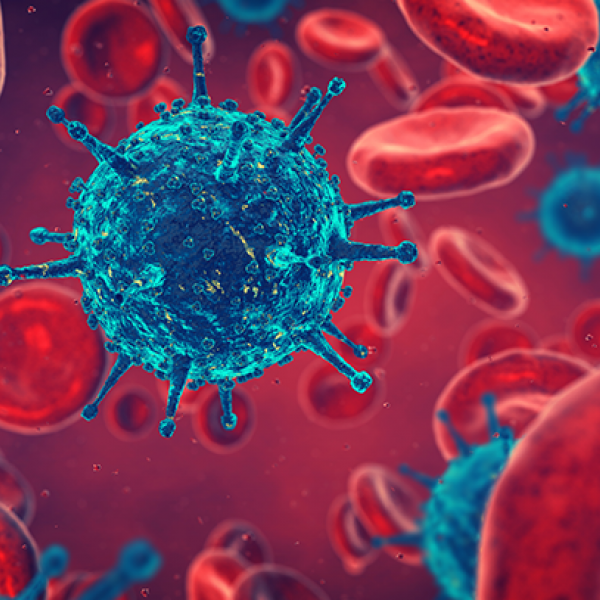
May 08, 2020
Plasma medicine research highlights antibacterial effects and potential uses
As interest in the application of plasma medicine — the use of low-temperature plasma (LTP) created by an electrical discharge to address medical problems — continues to grow, so does the need for research advancements proving its capabilities and potential impacts on the health care industry.
Full Article
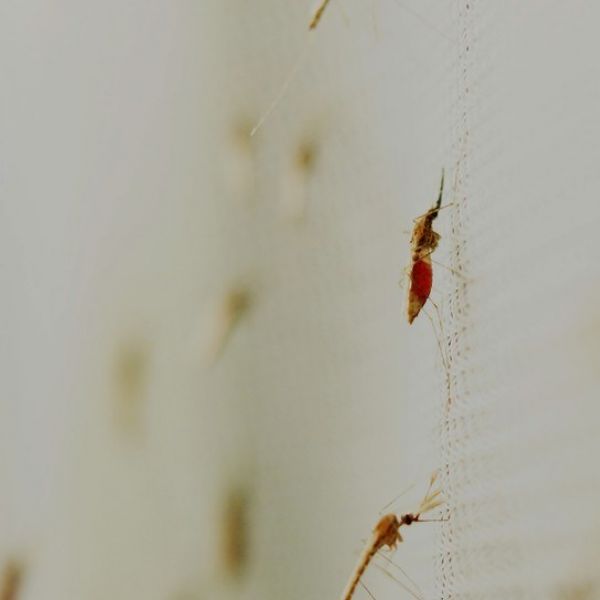
May 05, 2020
Malaria risk is highest in early evening, study finds
Wide-scale use of insecticide-treated bed nets has led to substantial declines in global incidences of malaria in recent years. As a result, mosquitos have been shifting their biting times to earlier in the evening and later in the morning.
Full Article
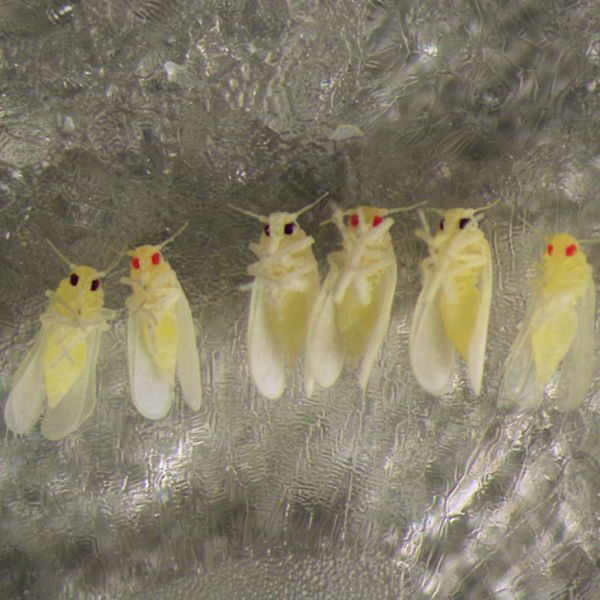
Apr 27, 2020
Gene-editing protocol for whitefly pest opens door to control
Whiteflies are among the most important agricultural pests in the world, yet they have been difficult to genetically manipulate and control, in part, because of their small size. An international team of researchers has overcome this roadblock by developing a CRISPR/Cas9 gene-editing protocol that could lead to novel control methods for this devastating pest.
Full Article
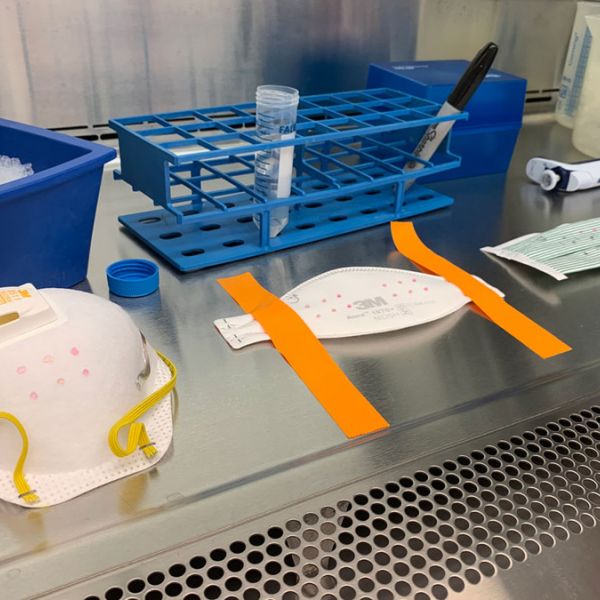
Apr 27, 2020
New decontamination protocol permits reuse of N95 respirators
The COVID-19 pandemic has created a shortage of personal protective equipment, including “N95” respirators, needed by frontline healthcare providers. A new protocol using aerosolized hydrogen peroxide to decontaminate N95 respirators could allow them to be safely reused in some hospital settings, where the disinfectant is already being used for other decontamination purposes.
Full Article

Apr 06, 2020
Efforts to control livestock disease should focus on management style, not age
The risk of transmitting the virus PPRV, which produces a highly infectious and often fatal disease in sheep and goats, does not appear to vary significantly by an animal’s age, unlike its sibling virus measles, which is most prominent in children.
Full Article